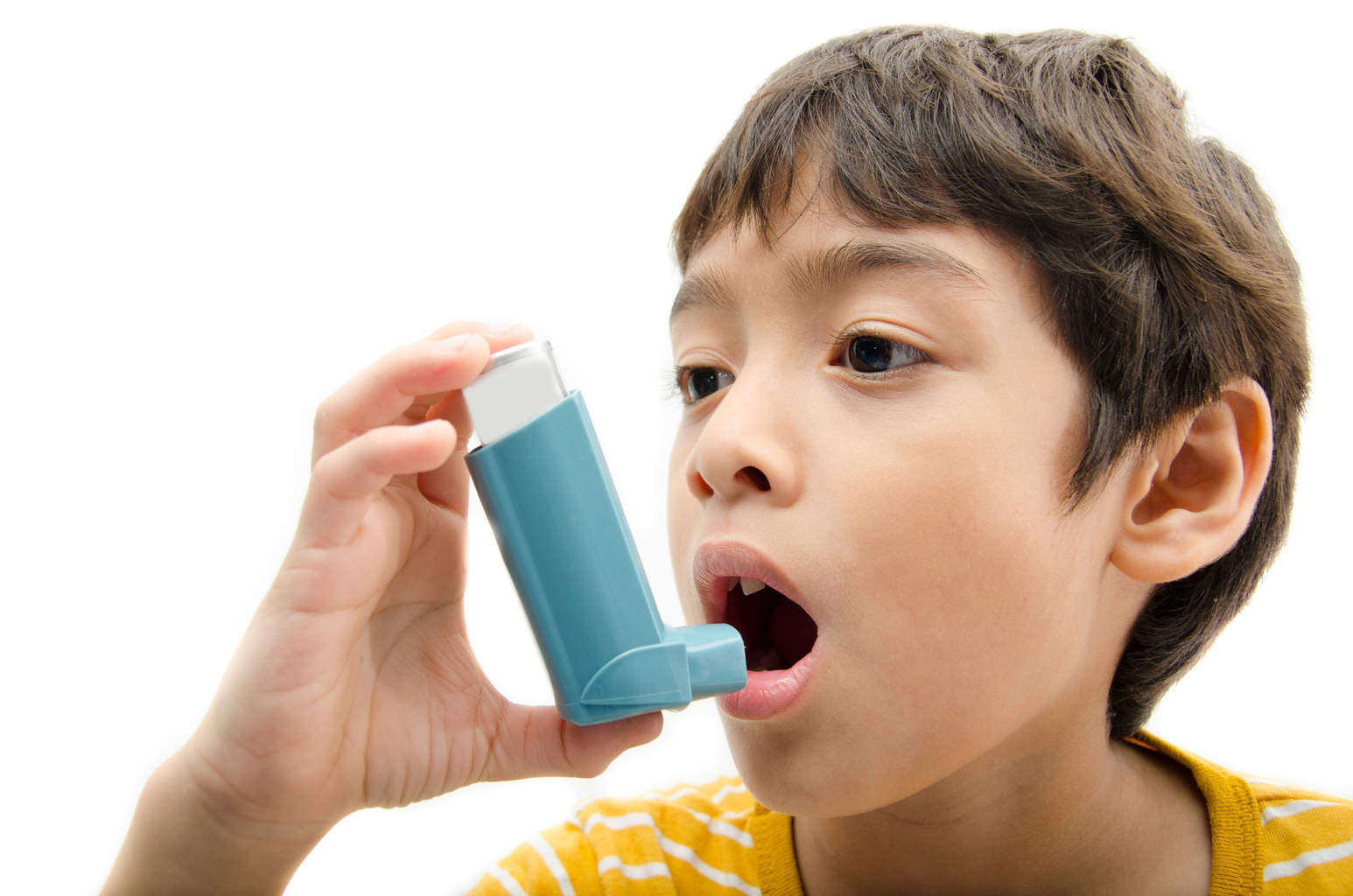Contents:
- Medical Video: Why You Should Enroll Your Child with Asthma in Swimming Classes
- Communication with the teacher and the school
- Asthma treatment at school
- When children are ready to carry asthma medication
- Get to know signs of asthma at school
- Prevent asthma triggers in school
- Asthma and not going to school
Medical Video: Why You Should Enroll Your Child with Asthma in Swimming Classes
If your child has asthma that can be controlled properly, he can go to school as usual. Your child can also participate in activities like other children. But remember that your child's asthma can recur when he is at school. This article discusses what you can do to ensure that your child's asthma is maintained at school.
Communication with the teacher and the school
It's important to let the teacher and school know about your child's asthma condition.
The teacher must know how to deal with your child with medication if he has sustained asthma.
Tell the teacher if there is a change in your child's health or asthma condition.
Your child may have a new teacher every year, so you are encouraged to talk to the school at least once a day before the school year begins. Be prepared to teach new teachers about your child's asthma needs.
Asthma treatment at school
The teacher must understand your child's asthma management plan by giving asthma medication if your child has an asthma episode. Give your child's asthma medication to the teacher or homeroom teacher at school. Explain their use appropriately. Make sure instructions are given, and each drug is labeled with:
- Your child's name
- Medicine name
- Number of doses needed
- Doctor's telephone number
Tell the teacher to store the medicine in a cool, dry place, and other students cannot reach it.
When children are ready to carry asthma medication
Older children can bring their own medicine and use it themselves when needed. Your child must follow school rules, such as filling out a special form to bring medicine. You may need to provide a copy of your child's prescription medication to school.
Give the school some child medicines to spare.
You, your child, doctor, and school must decide together whether your child is ready to bring his own medicines. Here are some questions that you need to think about when deciding:
- Are your children ready to take responsibility for taking and taking the medicine?
- Can your child recognize warning signs when he will experience an asthma attack?
- Does your child know when and how to use drugs?
- Can your child remember and follow school rules about using drugs?
- Are you willing for your child to take and consume his own medicine?
- Can you make sure your child always carries the medicine?
- Can you, your child, and the school track how many times your child needs to take medication?
- Are nurses available throughout the day who can help your child take medication when needed?
- Are school regulations about safe drug storage and quick access when needed?
- Are school employees trained to handle asthma emergencies?
Get to know signs of asthma at school
If your child uses peak flow meter, explain their use to your child's teacher and ask them to use it when your child feels unwell. Mark it peak flow level normal for children and explain to the teacher what the meaning of the green, yellow, and red zones is.
Give the teacher a list of asthma warning signs so that they understand when to give medication or contact a doctor.
Make sure the teacher knows who to contact during an emergency. Give alternative contacts. Make sure the person contacted knows what to do in an emergency situation.
Prevent asthma triggers in school
Give the teacher a list of triggers for asthma and explain how important it is to avoid them from your child at school. Also tell your child's allergies.
Maybe you can ask the teacher so that your child can avoid dust or activities that include dust. Ask the teacher so that your child can sit away from the board. Dust from lime can trigger asthma.
If your child is allergic to animals or fungi, your child must avoid animals and plants in class. In child care, carpeting or pedestal for activities can contain a lot of dust. Bring your child a personal mat or ask the teacher to separate your child from the base of other children.
Ask the principal to notify you before renovating or painting the school. Strong odors from paint, smoke, and construction dust can trigger asthma. You can ask your child to stay at home for several days of construction, when there is the most odor and dust.
Make sure your child's asthma is under control and he has an asthma medication before returning to school.
Asthma and not going to school
If your child's asthma is under control, your child will not miss the school day because of asthma. Even with controlled asthma conditions, your child will need to visit a doctor more often than other children. This can mean that your child needs not to attend school.
Talk to your child's teacher about how he can catch up on lessons. Your child is not punished because of not attending school due to asthma.
Ask your doctor when your child can go to school and when to rest at home because of asthma symptoms. Your doctor can give you specific instructions.
Hello Health Group does not provide medical advice, diagnosis or treatment.












